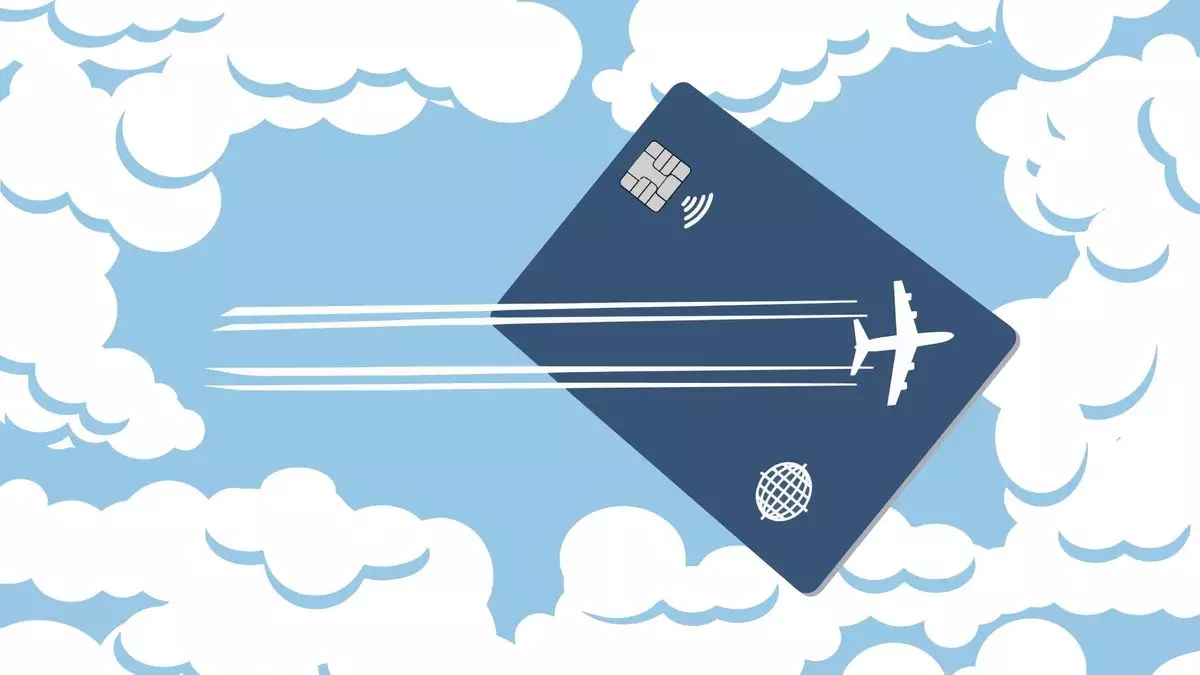The Department of Transportation (DOT) has initiated an inquiry into the loyalty programs offered by airlines, signaling a potential crackdown on unfair and deceptive practices that may disadvantage travelers. This move underscores the Biden administration’s commitment to aviation consumer protection, with the DOT already imposing a hefty fine on Southwest for operational failures during the holiday season. This article will explore the key areas of concern the DOT is investigating and what it means for airline passengers.
The Investigation Scope
The DOT’s investigation will focus on several aspects of airline loyalty programs, which have experienced significant growth since the onset of the pandemic. Anonymous sources reveal that the DOT aims to review transparency practices for award bookings, the devaluation of frequent flyer miles, transferability of miles, and whether airlines provide sufficient notice before implementing changes. These areas are crucial for evaluating the fairness of loyalty programs and ensuring that consumers are not misled or left at a disadvantage.
One of the key concerns for travelers is the devaluation of frequent flyer miles. Airlines have been known to decrease the value of miles over time, making it harder for passengers to redeem them for desirable flights or upgrades. By investigating this aspect, the DOT seeks to hold airlines accountable and protect consumers from arbitrary changes that devalue their loyalty currency.
Another area of interest for the DOT is the transparency of award bookings. The investigation will shed light on whether airlines provide clear and accurate information regarding the availability of award seats, blackout dates, and other restrictions. Many travelers have faced frustration when attempting to redeem their miles, only to discover limited options or unexpected limitations. The DOT’s scrutiny in this area aims to ensure airlines provide transparent and reliable information to their loyal customers.
The Power of Co-Branded Credit Cards
A significant source of revenue for airlines is the sale of co-branded credit cards connected to their loyalty programs. These credit cards offer various perks and benefits to cardholders, which translate into higher profit margins for the airlines. However, the DOT’s investigation will likely examine whether airlines adequately disclose the terms, conditions, and fees associated with these credit cards. Travelers often rely on the promises of these cards to enhance their travel experiences, and it is vital for the DOT to evaluate whether these offerings deliver on their advertised benefits.
The loyalty programs of major U.S. carriers, including American, Delta, United, Southwest, Alaska, and JetBlue, are represented by the airline trade group Airlines for America (A4A). While A4A has declined to comment on the DOT’s investigation, it is essential for them to recognize the need for transparency, fairness, and consumer protection. As the DOT delves into potential wrongdoing in loyalty programs, A4A should play a pivotal role in addressing any concerns raised by the investigation.
The Department of Transportation’s inquiry into airline loyalty programs marks a significant step towards safeguarding the rights and interests of airline passengers. By reviewing transparency practices, devaluation of frequent flyer miles, and other areas of concern, the DOT aims to promote fairness and protect consumers from deceptive practices. As the investigation unfolds, travelers eagerly await the outcome and hope for a more transparent and equitable loyalty program landscape.

